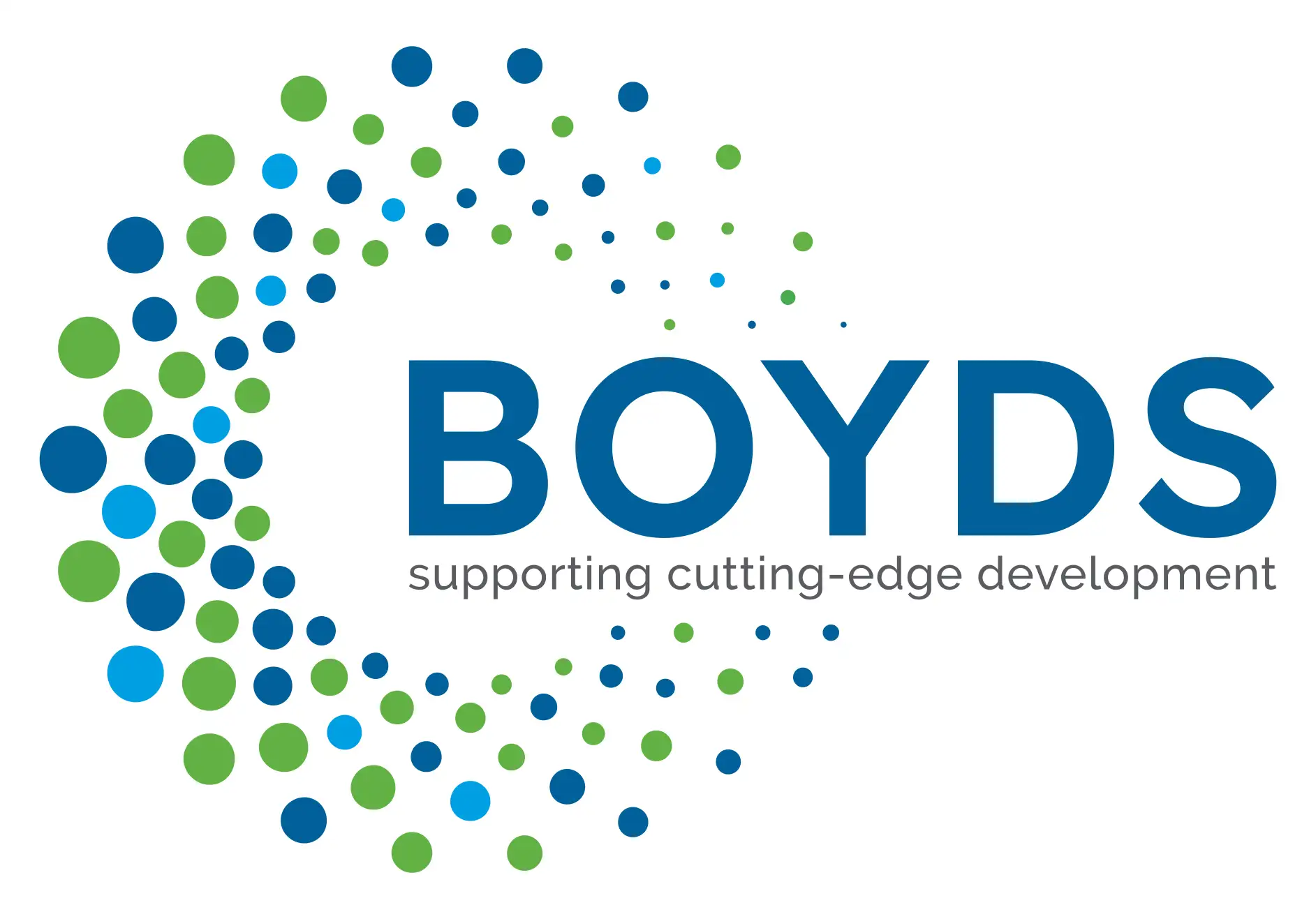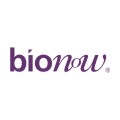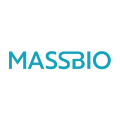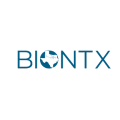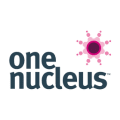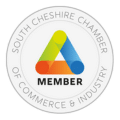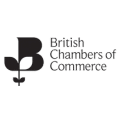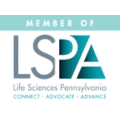World Cancer Day is held every year on 4 February to raise worldwide awareness and globally unite in the fight against cancer. The awareness day has created a positive movement globally, educating and paving the way to a world where millions of preventable cancer deaths are saved and access to treatment and care is available for all.
This year, World Cancer Day, organised by the Union for International Cancer Control (UICC), campaigns the message ‘Close the care gap.’ Currently, millions of people around the world do not have access to essential health care services. This includes diagnosis screenings, basic care and treatment for individuals with cancer. Awe-inspiring and cutting-edge advancements are being made in oncology, but, despite this, many are denied basic care. Factors such as income, education, ethnicity, race, sexual orientation, age, disability, and lifestyle are just a few of the factors that are negatively impacting equal access to care. This is known as the equity gap – and it’s costing lives. 1
To read more about closing the gap in cancer care, click here.
With approximately 19 million cases and 9.6 million deaths from cancer worldwide in 20202, clinical research and development of new oncology therapies is critical. Patients, caregivers, healthcare professionals, advocates, researchers and healthcare partners must unite to transform the way cancer is diagnosed, managed and treated. Advances in clinical research and development in oncology have led to diagnostic methods that allow early diagnosis and detection of cancer, as well as advances in treatment and care, meaning people can now live for several years with treatable but incurable cancer.
At Boyds, we have longstanding expertise in supporting clients in the development of oncology treatments. Having worked alongside numerous pharma companies, biotechs and academic groups focusing on this therapeutic area, we have helped to progress several oncology treatments through development and the clinic.
Dr Neil Fish, Vice President of Business Development at Boyds, shares his thoughts about the trends in new, emerging and cutting-edge treatments, as well as the challenges facing the development of oncology drugs and diagnostics.
“One of the key challenges is surprisingly not the actual treatment of cancer, but rather the detection of cancer early enough, to allow it to be easily treated before the disease progresses too far. The fundamental requirement is to have a simple blood test, sometimes called liquid biopsies, that can accurately detect multiple cancer types. There are a great many companies trying to develop this, but it has proved difficult to transfer this technology from the research lab into the real world. Most tests so far are not yet accurate or specific enough. However, if this could be done, it would really revolutionise cancer treatment.”
Oncology as a therapeutic area is widely researched, and well-funded, with novel technologies and ground-breaking treatments progressing through development.
“The next big breakthrough will be the approval of allogeneic cell therapies that can treat, and possibly cure cancers. While the CAR-T therapies have given spectacular results for a range of blood cancers, their results for solid tumours have not been so good. The cost of the treatment is also a major issue as they are just too expensive. Allogeneic cell therapies give the possibility of cheaper, off the shelf products using cell lines that are more suited to penetrating and eliminating solid tumours.”
In recognition of the focus of this year’s World Cancer Day, ‘close the gap in cancer care’, Neil shares his views on what needs to change to help achieve this.
“If cancer can be detected earlier, it is usually easier to treat. A simple biopsy may be all that’s needed to remove the cancerous tissue. Government and healthcare authorities need to introduce and commit to having early screening programmes, both building on what we already have to diagnose cancer, and investing into the new innovative blood tests currently in development. There is work to be done to make some of the newer cancer treatments affordable and available to all, however early detection makes sound economic and societal sense in having a strategic approach to closing the gap.”
Oncology remains a therapeutic area of huge interest to the team at Boyds, with Pippa Bjaaland, recently completing her MSc in Cancer and Clinical Oncology at Queen Mary University of London.
Speak to a member of our team to discuss your oncology project, and together we can play our part in helping to close the gap in cancer care.
Boyds recently shared the personal story of Siobhan Gaynor, who retired from the company last year. The blog ‘From drug developer to patient’ can be read in full here.

—————–
(1) Official website of World Cancer Day by UICC | 4 February
